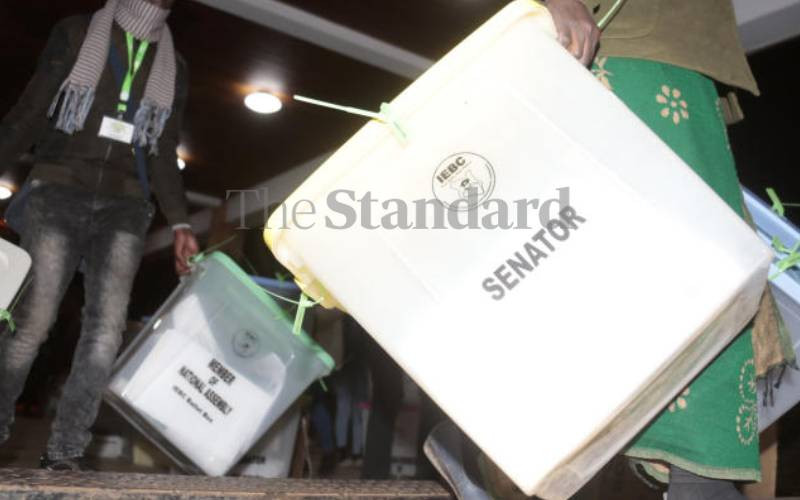×
The Standard e-Paper
Kenya’s Boldest Voice

There are ten constitutional commissions and two independent offices under article 248 of the Constitution.
Yet, the independence, impartiality, and non-partisanship of the Independent, Electoral and Boundaries Commission (IEBC) occupy the public psyche more than any other.







